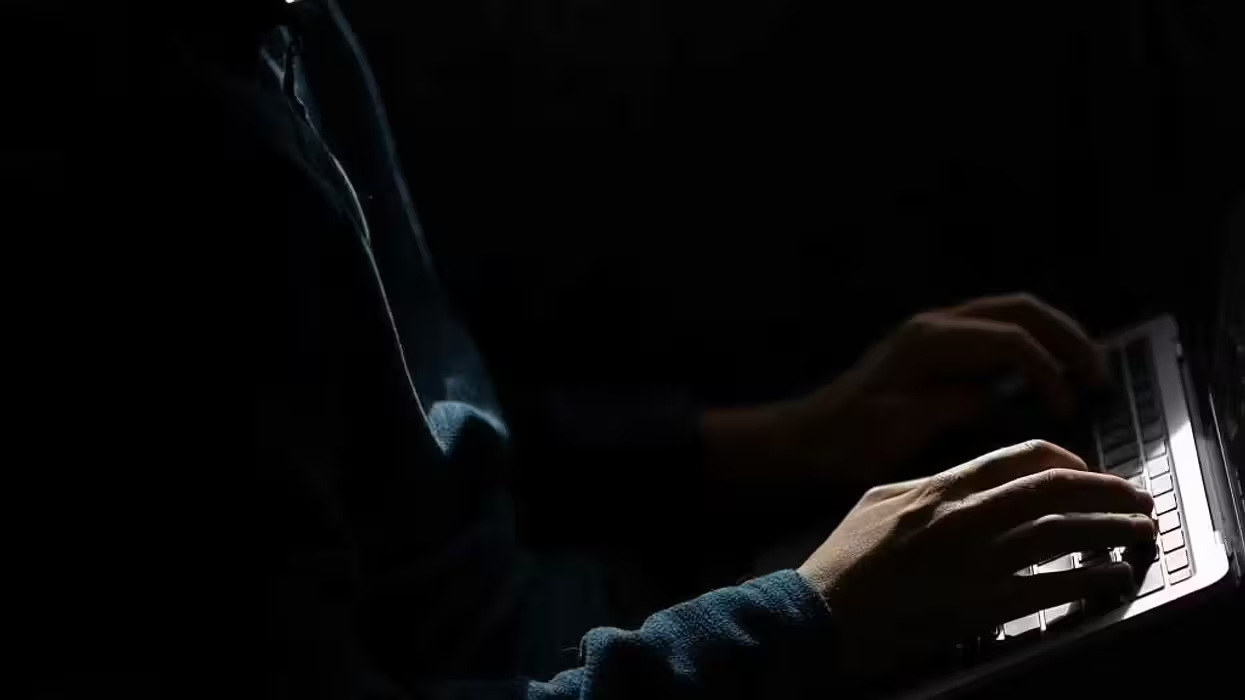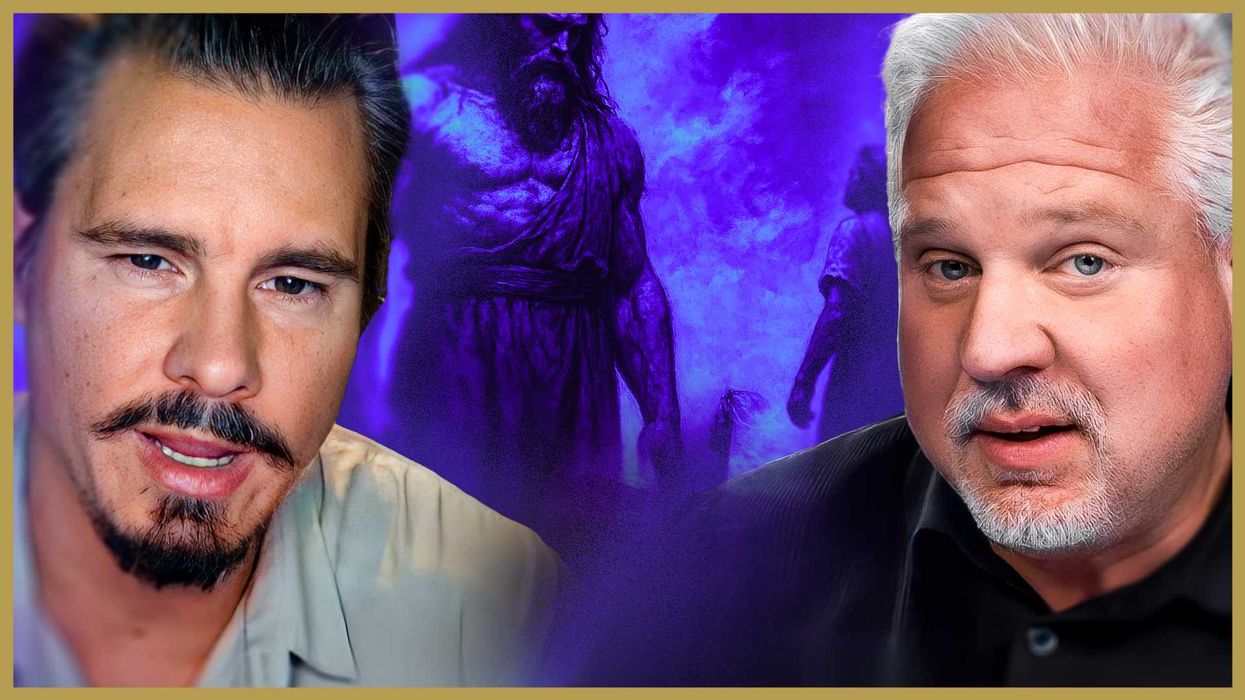
© 2025 Blaze Media LLC. All rights reserved.
Nudge? Feds to Simulate Attack on NYC Power During a Heat Wave to Prove Need for New Legislation
March 08, 2012
"...intended to provide all senators with an appreciation for new legislative authorities..."

How bad would a cyber attack be for one of the largest, most connected cities in the United States? U.S. senators will soon find out, as the White House prepares to show them just what would happen in a simulated an attack on New York City's power grid and other infrastructure on a hot summer day.
With two bills in the Senate -- one pushing for companies managing critical infrastructure to meet new security rules, the other avoiding such regulation -- the effect of this "classified scenario" is what supporters hope will show senators how vital it is to increase cyber-protection on infrastructure companies. Reuters explains further:
"The classified scenario is intended to provide all senators with an appreciation for new legislative authorities that would help the U.S. government prevent and more quickly respond to cyber attacks," said White House spokeswoman Caitlin Hayden.One bill under consideration -- which is backed by Senate Majority Leader Harry Reid and has some Republican support -- could require upgrades for critical infrastructure overseen by the Department of Homeland Security.
That bill is aimed at identifying security shortfalls for critical U.S. infrastructure.
Another -- backed by Senator John McCain and largely supported by other Republicans -- would require federal contractors to inform the government about cyber threats and make it easier for government regulators and corporations to communicate about threats. But it would not affect critical infrastructure.
(Related: NSA speculates Anonymous could cause power outages with cyber attacks)
Bloomberg reports that companies such as AT&T and Comcast prefer the latter bill:
“Such requirements could have an unintended stifling effect on making real cybersecurity improvements,” Edward Amoroso, chief security officer for Dallas-based AT&T, said in testimony at the hearing. “Cyber adversaries are dynamic and increasingly sophisticated, and do not operate under a laboriously defined set of rules or processes.”
FBI Director Robert Mueller acknowledged in a statement before the House Appropriations Committee, that cyberattacks are becoming more "commonplace" with an 84 percent increase in investigations of computer intrusions since 2002.
"Terrorists have not used the Internet to launch a full-scale cyber attack, but we cannot underestimate their intent," Mueller said in his prepared testimony. He said terrorists have shown interest in developing hacking skills, and that the evolving nature of the problem makes the FBI's counterterrorism mission more difficult.
This week, a group of expert hackers who attacked governments and corporations around the globe was busted after its ringleader became an informant for the FBI.
Mueller said there are FBI cyber squads in each of the bureau's 56 field offices. The FBI has more than 1,000 specially trained agents, analysts and digital forensic examiners who run complex undercover operations and examine digital evidence.
Although the attack will be a simulation and is based on a hypothetical threat to infrastructure, Gizmodo points out cheekily, for the virtual New Yorkers, "that's just mean." Infrastructure included in this simulated attack, Gizmodo reports, will include banks, power grids and telecommunications.
The Associated Press contributed to this report.
Want to leave a tip?
We answer to you. Help keep our content free of advertisers and big tech censorship by leaving a tip today.
Want to join the conversation?
Already a subscriber?
more stories
Sign up for the Blaze newsletter
By signing up, you agree to our Privacy Policy and Terms of Use, and agree to receive content that may sometimes include advertisements. You may opt out at any time.
Related Content
© 2025 Blaze Media LLC. All rights reserved.
Get the stories that matter most delivered directly to your inbox.
By signing up, you agree to our Privacy Policy and Terms of Use, and agree to receive content that may sometimes include advertisements. You may opt out at any time.





